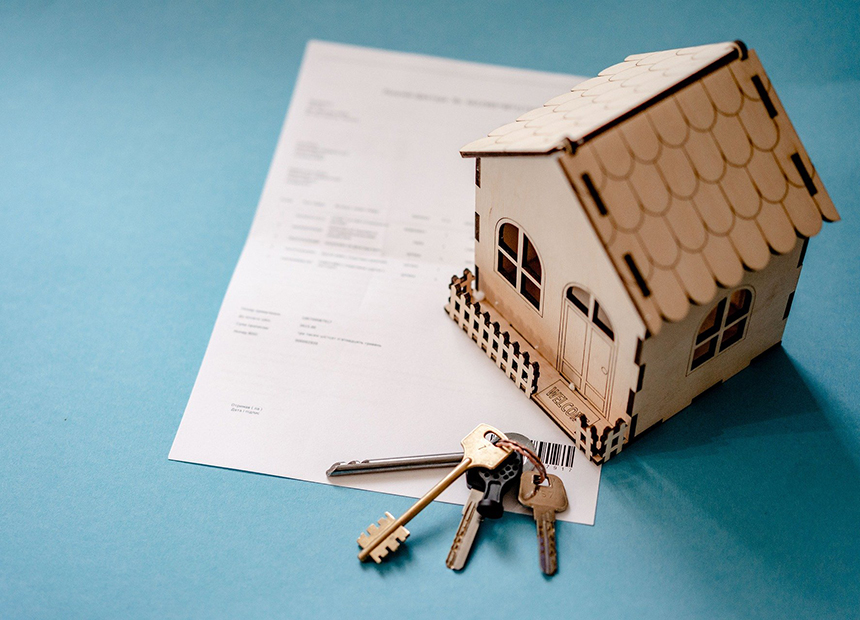What exactly is a home equity loan? It’s a sum of money that’s borrowed against your house. All equity is that you’ve built up over the years on your home. The term for this is your equity. How much equity you have is the key because it determines how much you can borrow.
Most banks will only offer you a second mortgage if you have equity in your home. This is because they don’t risk giving you any money beyond your first mortgage. They know you can ultimately pay off your first loan once you take out a second one.
If you have no idea what equity is, here is a definition:
Let’s say your house is valued at $100,000. It’s underwater and is worth $75,000. You still owe $50,000 on your first mortgage. You can’t pay off that, so you find a bank that will give you a home equity loan for $50,000.
That’s a lot of equity! The value of your home is $90,000. This means your house is worth about $175,000. How much money a bank will loan you depends on the equity you have built up. The more equity you have, the more money you can borrow. This is true whether you are looking for a credit card line, a car loan or a personal loan for home improvements.
Your home is the collateral, so the bank can foreclose on your home if you don’t pay the loan. Plus, you can still build your equity even though you haven’t paid the home loan off.
But there are a few things to know when you get a home equity loan:
You’re putting your home at risk if you don’t repay the loan.
You may not have home insurance.
Every month the payments can be more than what your house is worth. This can cause you to be upside down on your loan.
At the moment, you’ve become underwater on your loan unless you’ve remodelled your kitchen. Improving your home can reduce the value of your house and reduce your equity. This means the bank may foreclose if you don’t pay the home equity loan. As the value of your home declines, so can your borrowing power.
You can borrow only the amount of equity in your home. You will have to find a home equity loan with a minimum of $ negativity (negative equity) to borrow. This will keep you from getting into bad credit because the housing market might not work out. Banks don’t have interest in your credit history. Your credit history is their only concern.
Whatever money you draw from your home equity line must be used to improve your home. Don’t use it to go on a vacation. You might be homeless if you go on a vacation. Stay in the game at all costs.
One of the best ways to use a home equity line is to get money to invest in another property. This way, you don’t need to use the additional cash on improving another house. You can enhance one place and wait for the other house to pay off. This keeps you from getting upside down on your home.
You want to ensure you don’t get behind on your home loan payments. You can always contact another lender to handle your loan, but you need to make sure you pay your monthly income. This is the most certain way to prevent foreclosure.
If you don’t pay your home equity loan, your house may be foreclosed on. If you’re upside down on your home and you can’t pay the loan, it becomes a foreclosure. This is the worst thing that can happen to you. Not only did you lose your house, now you’ll owe millions of dollars to the bank and possibly go bankrupt.
Don’t become a sub-prime borrower. It’s risky business. Now that you have a loan to pay off make sure you can afford it. You don’t want to go into something you can’t pay off.
